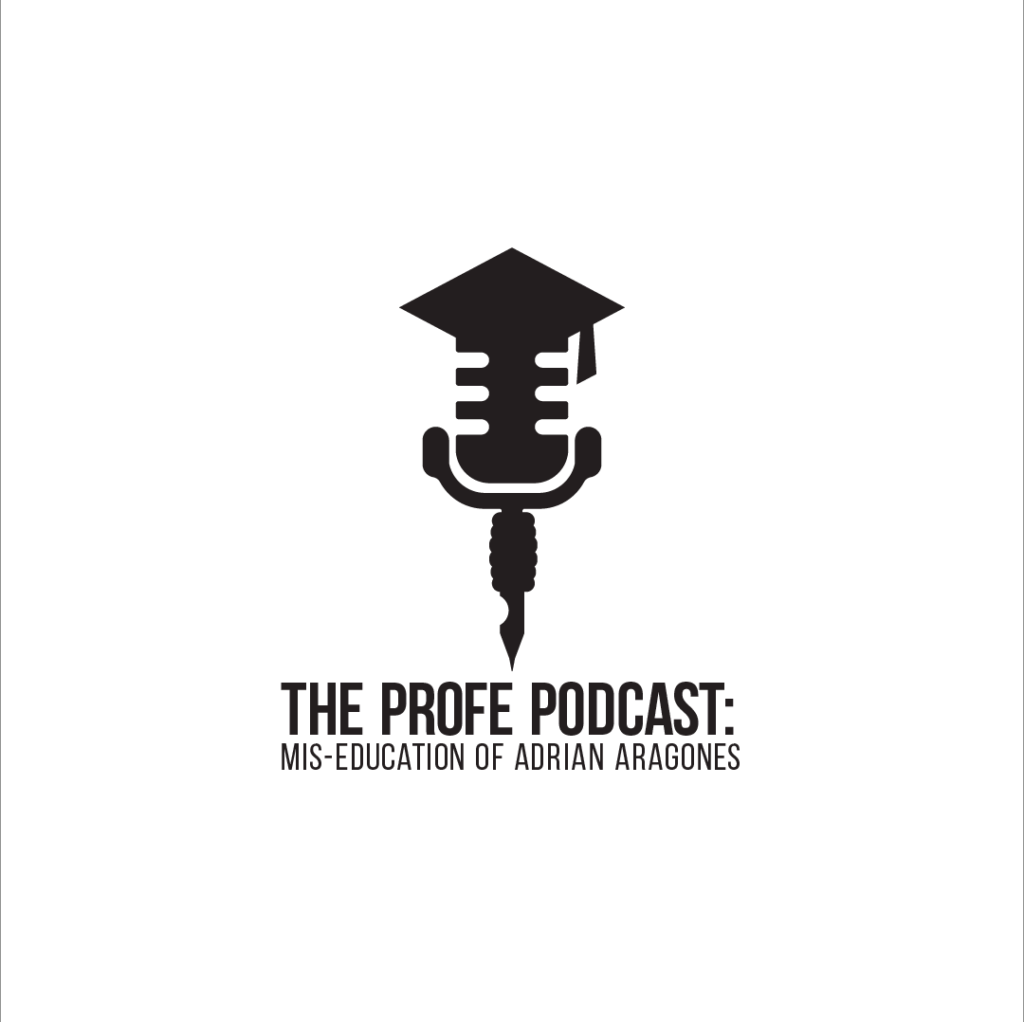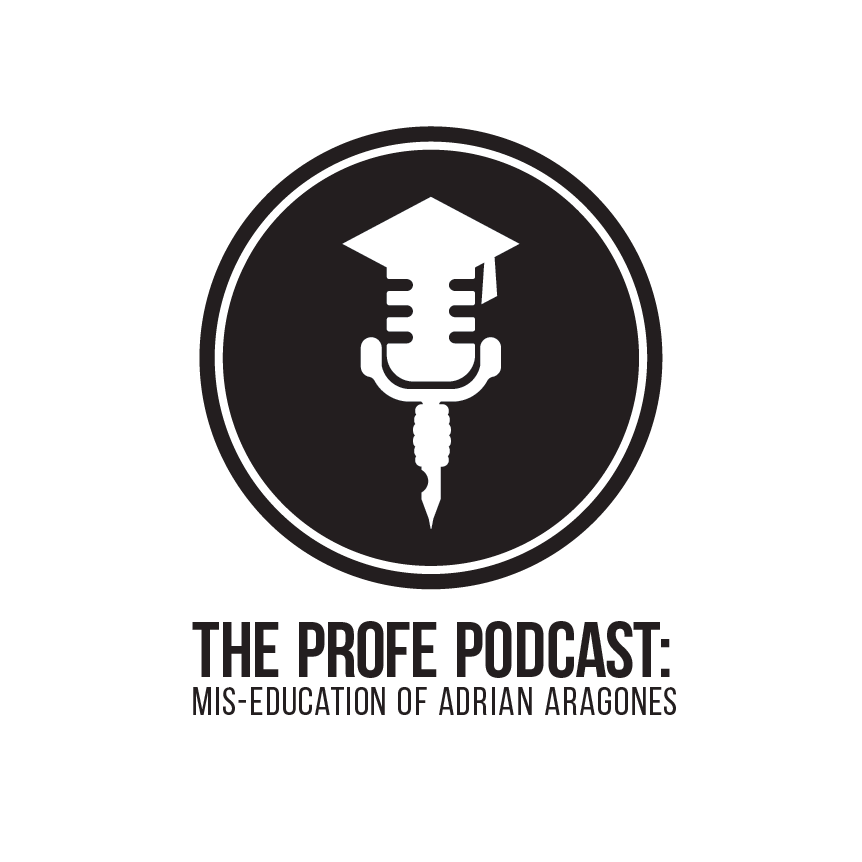
After the US-Mexico War in 1848, The Treaty of Guadalupe-Hidalgo signaled the end of the war. The treaty, ratified by Congress, recognized that any Mexican national staying in the new areas taken by the United States were granted citizenship, which meant protection under the Constitution. However, that did not happen.
The “new” Americans were subjected to segregation, voter suppression, economic inequalities and inequities, violence, and death throughout the remaining 19th century up to and including the 21st Century.
Mexican American is a term meant to identify ethnicity. However, the initial use of the word was used to differentiate between Americans viewed and considered White and those that were not. Consequently, race was a point of demarcation, not ethnicity. While many ethnic groups did have hyphenated identities within the first few decades of arriving on US soil, communities of color were the ones relegated to hyphenated names for decades well into and beyond the century mark after their immigrant ancestors came to the United States.
*****
If we are all Americans – why the hyphenation? And, if it is about ethnicity and race, why are all groups not subjected to hyphenated identities?
*****
Historically, for example, the Spanish participated in the American Revolution, Cuban women (unders Spanish control) donated personal wealth to the same war – and not even a footnote in American history books.
*****
This episode, “Mexican American: a historical context” is the first of a three part series. Click below or download the discussion about where the term Mexican American came from and how it was used, and why any of this is important….
*****
Welcome to the conversation….
References : The books below are suggested readings.
Acuna, R. F., Acuña, R., & Acuna, R. (2000). Occupied America: A history of chicanos. Longman Publishing Group.
Anzaldúa, G. (2012). Borderlands: The new mestiza.
García, M. T. (1982). Desert immigrants: The mexicans of El Paso, 1880-1920. Yale University Press.
Gonzalez, D. J. (2001). Refusing the favor: The Spanish-Mexican women of Santa Fe, 1820-1880. Oxford University Press.
Martinez, O. J. (2011). Border boom town: Ciudad Juarez since 1848. University of Texas Press.
Pérez, E. (1999). The Decolonial imaginary: Writing chicanas into history. Indiana University Press.
Ruiz, V. L., & Ruíz, V. (2008). From out of the shadows: Mexican women in twentieth-century America. OUP USA.
Sánchez, G. J., & Sanchez, G. J. (1995). Becoming Mexican American: Ethnicity, culture, and identity in Chicano Los Angeles, 1900-1945. OUP USA.
